The way tea is brewed is crucial to its enjoyment. To brew a delicious cup of tea, it's essential to consider not only the tea ware and the tea-to-water ratio but also the water temperature.
Among the five major types of traditional Chinese tea, the appropriate water temperature for brewing varies due to differences in processing techniques and the quality of the raw leaves within the same tea category.
Thus, the question of whether tea leaves will be scalded or damaged by boiling water cannot be answered with a simple yes or no. What water temperature is suitable for brewing different types of tea? Let’s explore this in detail.
Tea Brewing Temperature Chart
| Tea Type | Amount of Tea Leaves | Water Temperature (°C) | Steep Time |
|---|---|---|---|
| Black | 1 teaspoon per 6 ounces | 100°C | 3-5 minutes |
| Green | 1 teaspoon per 6 ounces | 79-82°C | 1-2 minutes |
| White | 2 teaspoons per 6 ounces | 79-82°C | 2-3 minutes |
| Oolong | 1 teaspoon per 6 ounces | 90°C | 2-3 minutes |
| Pu-erh | 1 heaping teaspoon per 6 ounces | 100°C | 5 minutes |
Brewing Temperature for five major Tea
Green Tea
Green tea is a non-fermented tea, closest to its natural state, and quite delicate. When brewing green tea, the water should not be too hot, ideally around 80°C. This is especially important for fine, tender green teas. Using boiling water (100°C) can damage the leaves, so a temperature around 80°C is recommended.
White Tea
For new white tea, a water temperature of around 95°C is ideal. The first infusion can be around 5 seconds. For Silver Needle White Tea, which has slender and tender buds, the water temperature should not be too high, approximately 95°C. However, for Gongmei, Shoumei, and aged white tea, the water temperature can be over 100°C.
Black Tea
Black tea is a fully fermented tea that benefits from being brewed at a higher temperature to release its aroma. The key to brewing black tea is to use freshly boiled water, which is about 95°C when poured into the teapot. This temperature is optimal for black tea. For mass-produced black tea, green tea, and floral tea, which use moderately processed raw materials, freshly boiled water at around 90°C is suitable for brewing.
Oolong Tea
Oolong tea , also known as blue tea, includes varieties like Tieguanyin, which is not a green tea but an oolong tea.
For brewing Tieguanyin and Wuyi rock tea, a high temperature of 95°C to 100°C is ideal. Since oolong tea is made from leaves that are nearly mature, even brewing with 95°C boiling water may seem slightly cool. Therefore, avid oolong tea drinkers often heat their tea ware before brewing to ensure optimal temperature and flavor.
Pu-erh Tea
Pu-erh tea (dark tea) should be brewed with high-temperature water but not steeped for too long, as this can result in a bitter taste. The best tea ware for brewing Pu-erh is a Yixing clay teapot. For Pu-erh tea, it's important to rinse the leaves with hot water and then brew at a high temperature. The principle of "warm water for young leaves, hot water for mature leaves" should be followed for optimal brewing.
The Importance of Brewing Temperature
The temperature of the water you use to brew tea is crucial. Using water that is too hot can scorch the tea leaves, leading to a bitter taste, while water that is too cool can result in a weak and flavorless brew. Additionally, water temperature affects the nutritional Components and the release of flavors and aromas from the tea leaves. Achieving the perfect temperature ensures a delicious and well-balanced cup of tea.
Fortunately, you don't need sophisticated equipment like an electric kettle with temperature control. While these gadgets are convenient, tea has been brewed without them for centuries. Simply observe your kettle as it heats; for different types of tea, the water might be ready when it starts to steam lightly, steams vigorously, or reaches a full boil. By paying attention, you can achieve the ideal temperature for your tea.

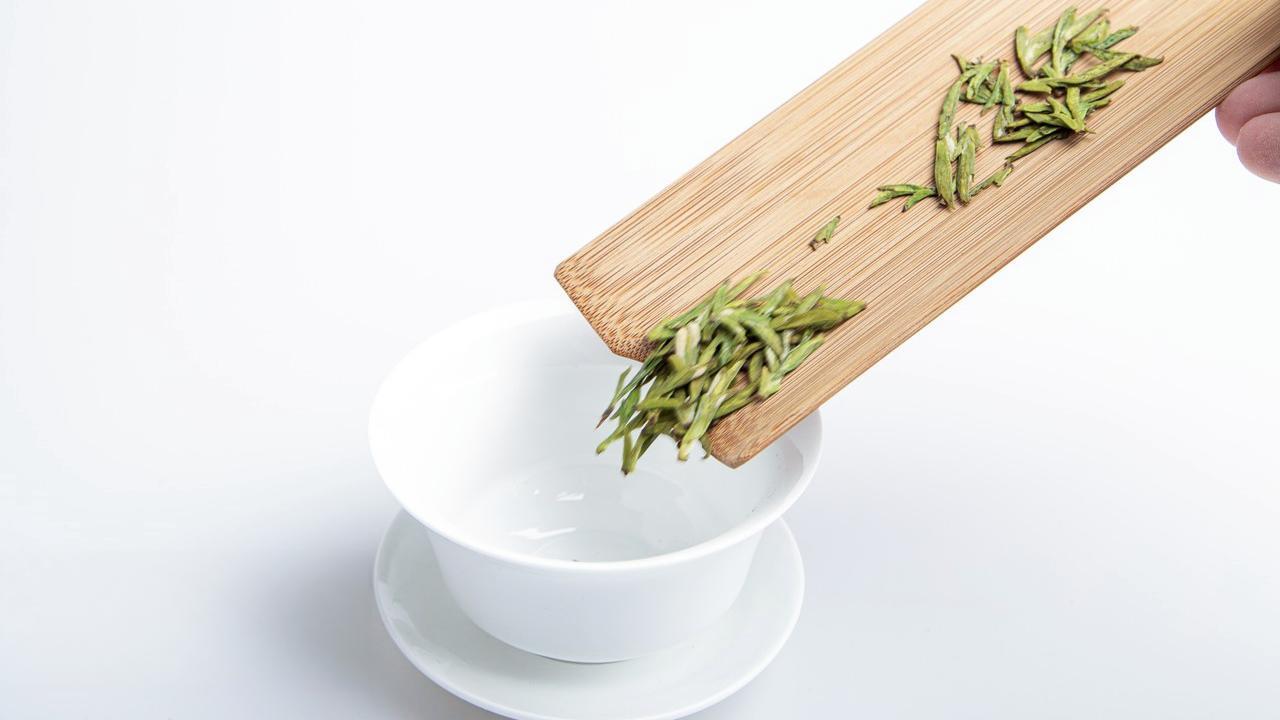
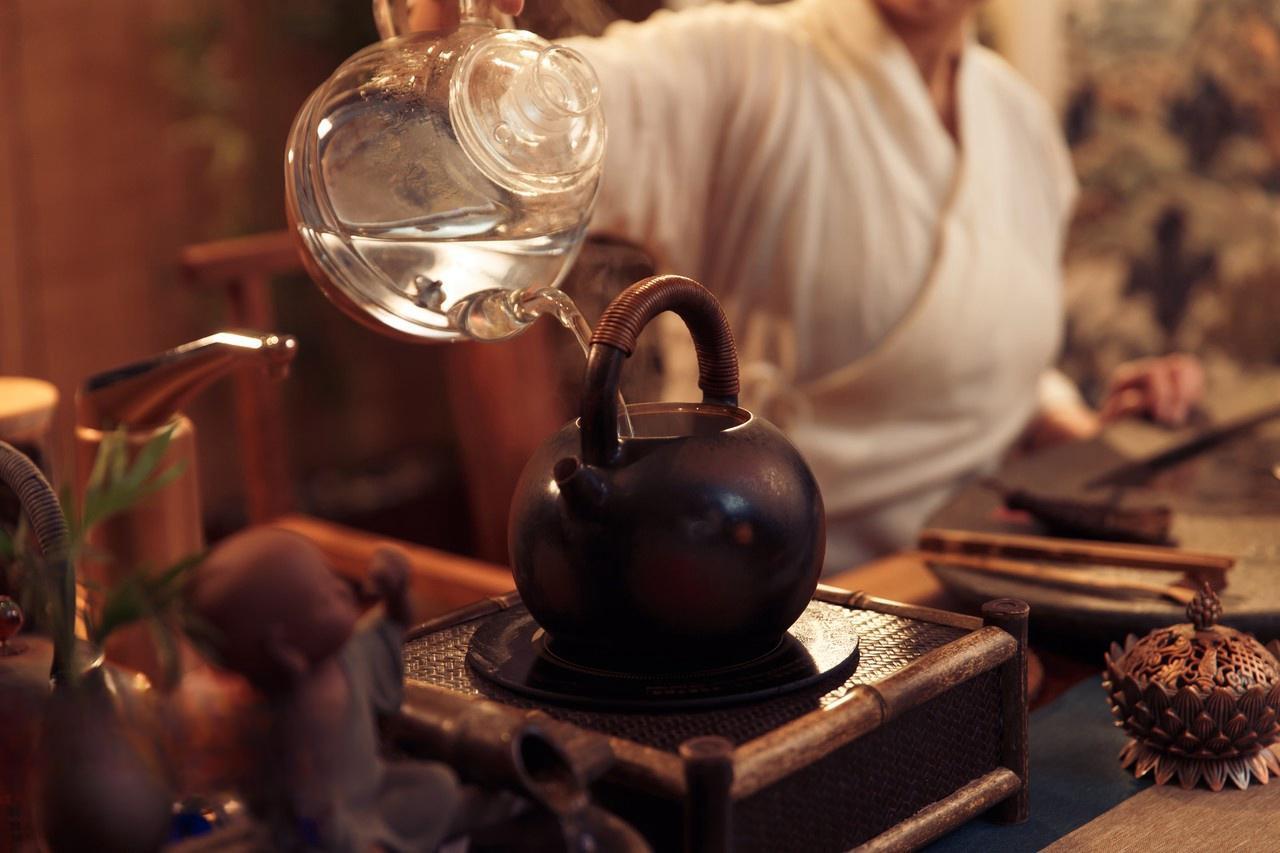
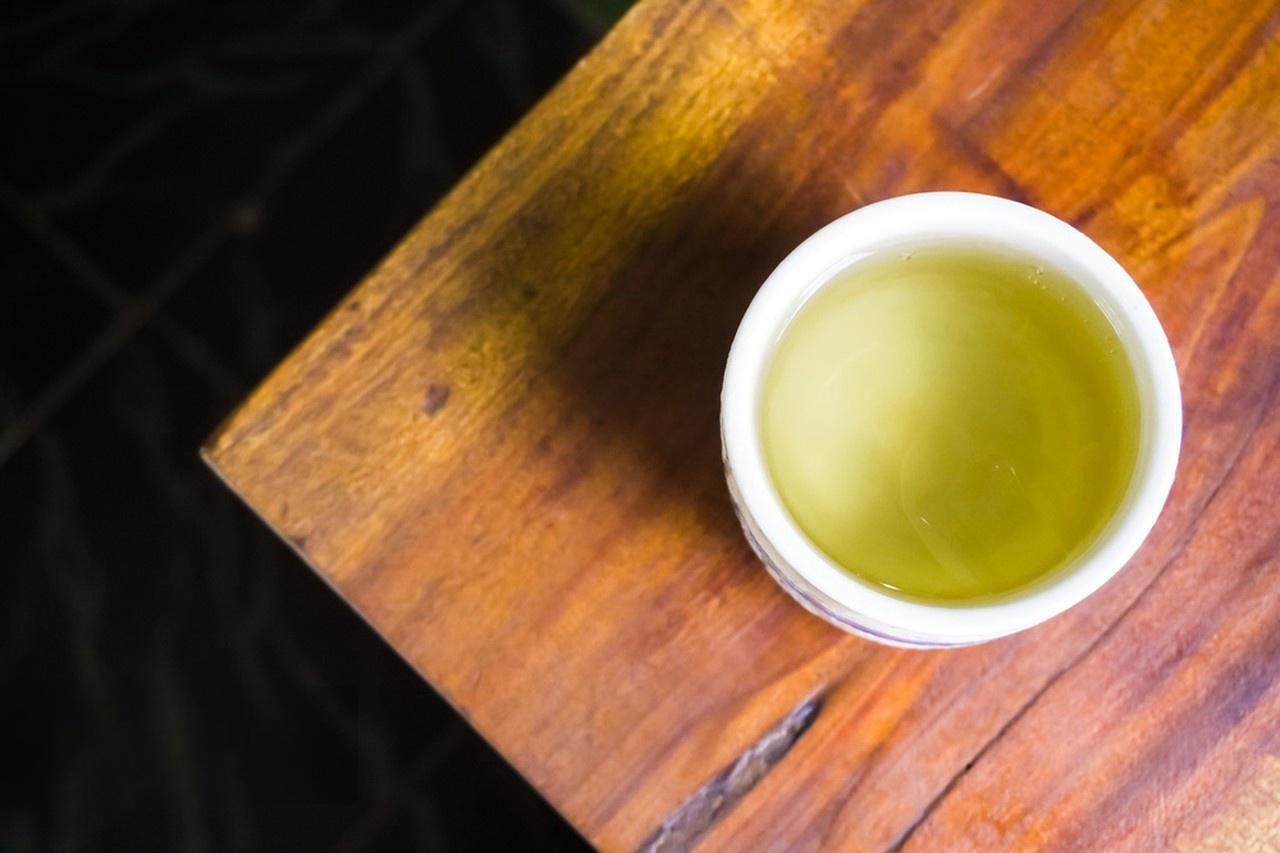
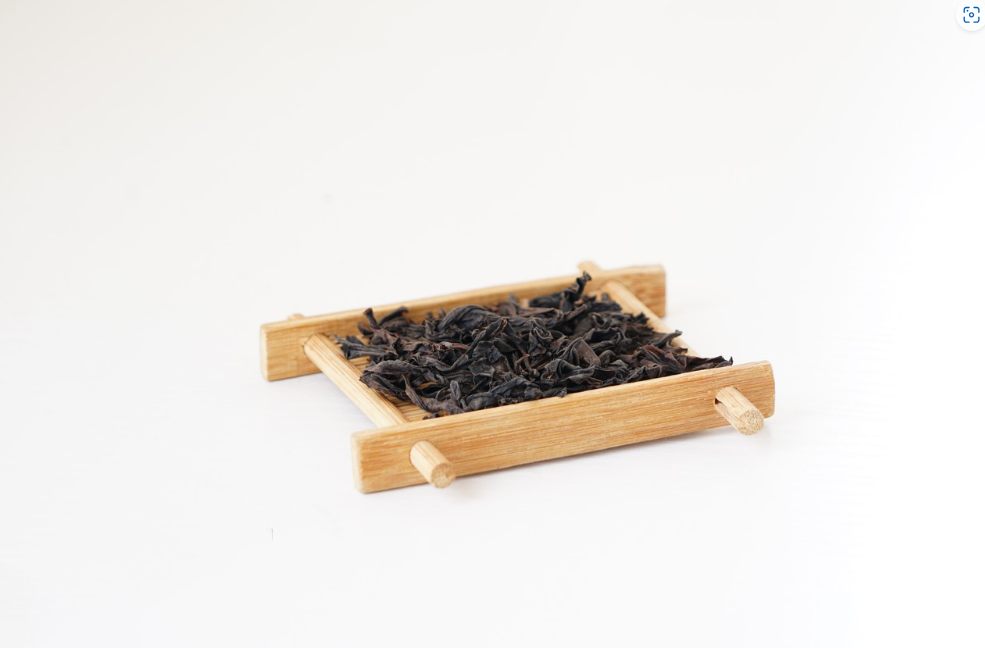
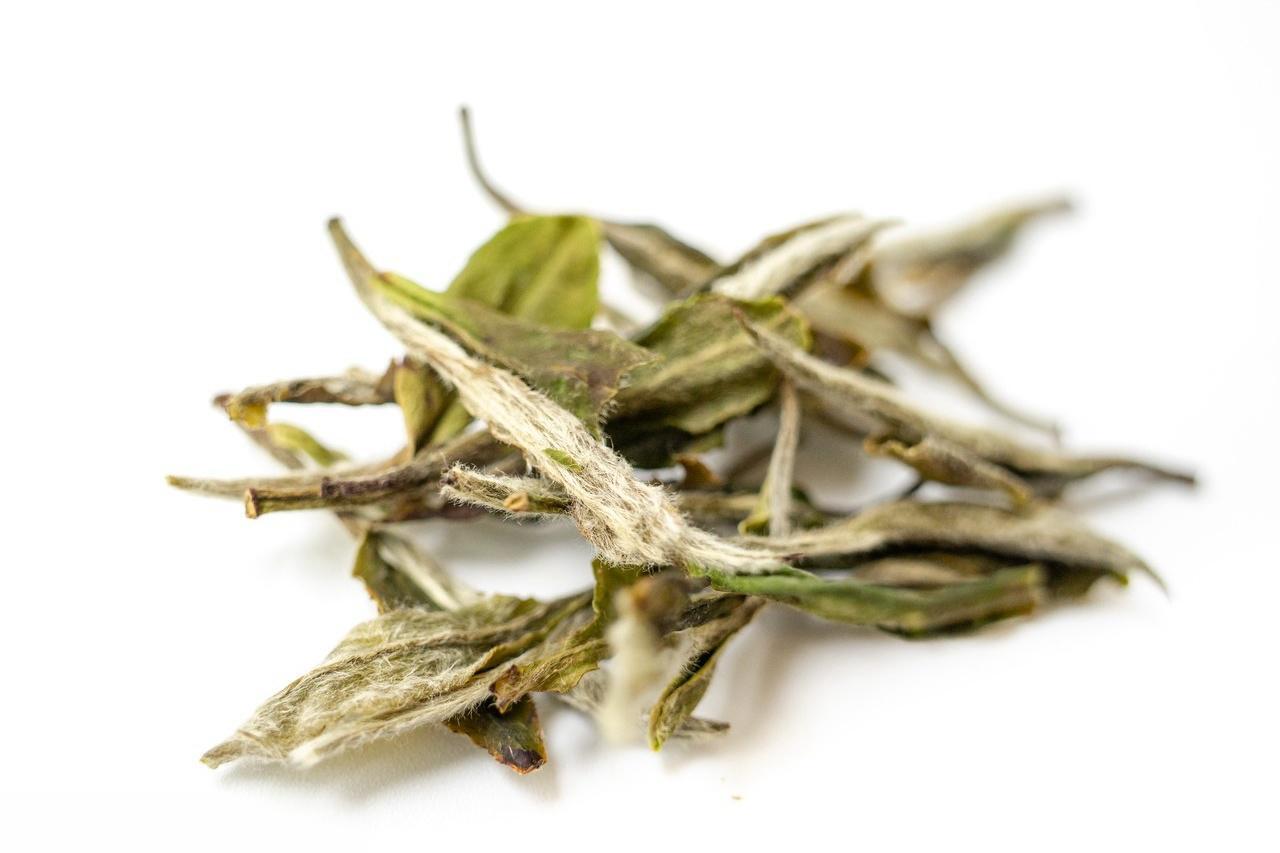
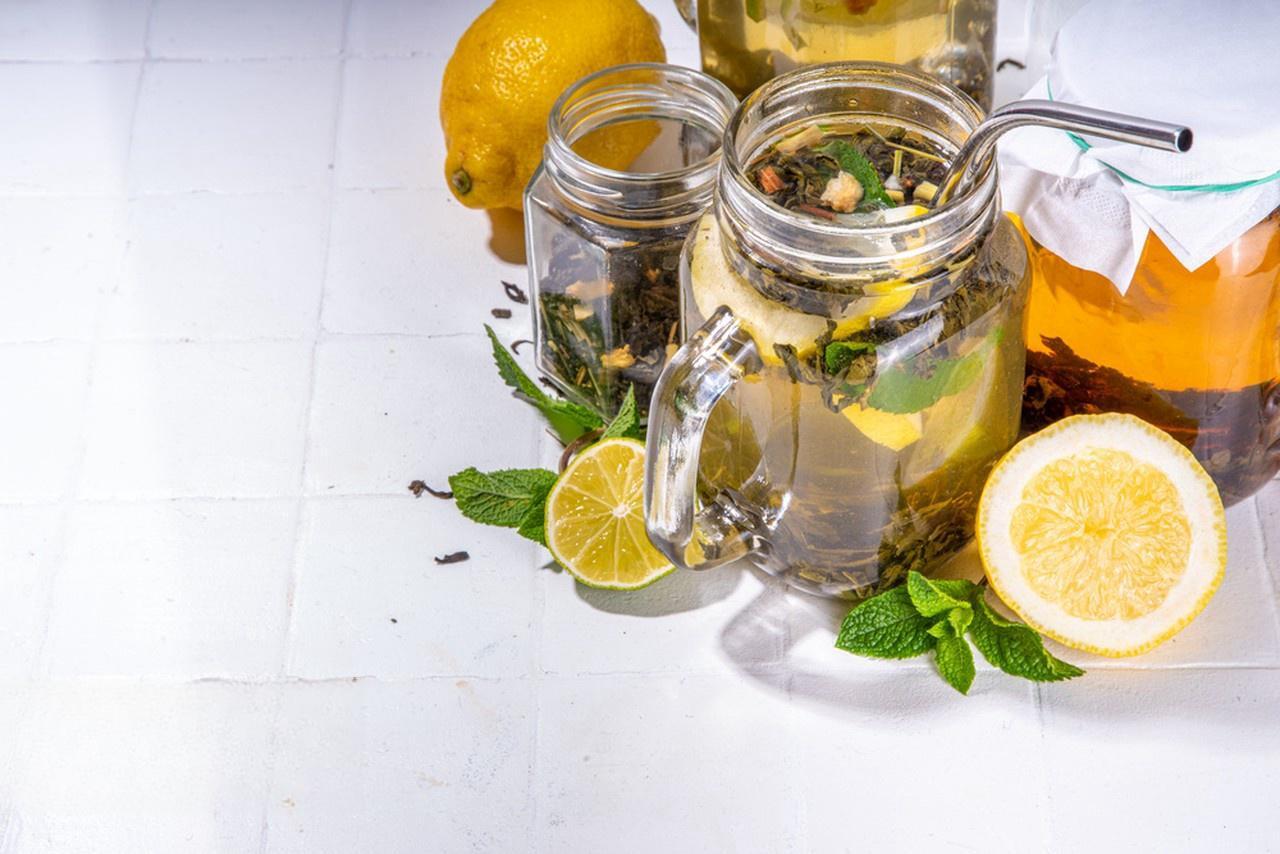
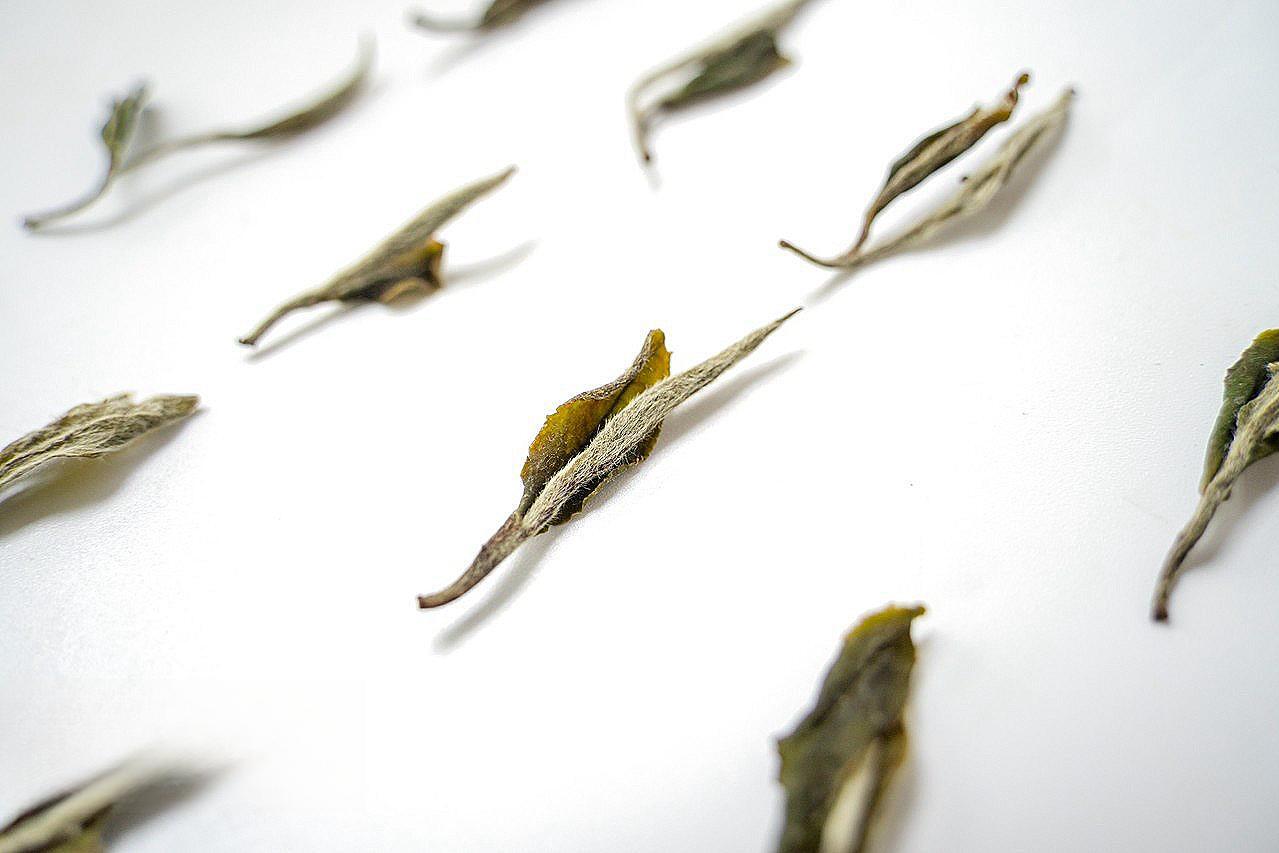
Leave a comment
All comments are moderated before being published.
This site is protected by hCaptcha and the hCaptcha Privacy Policy and Terms of Service apply.